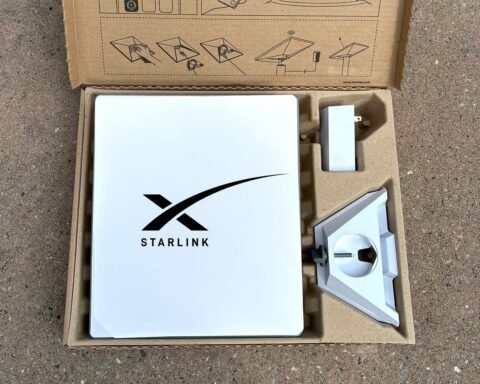Middleware • IBM • Oracle • TIBCO Software
Introduction to Middleware
In the world of information technology, Middleware plays a pivotal role, bridging the gap between various software applications and enabling them to communicate with one another seamlessly. This article delves into the diverse aspects of middleware, exploring its importance, different types, and key players like IBM, Oracle, and TIBCO Software.
The Role of Middleware in Modern IT
Middleware serves as a crucial element in the realm of modern IT. It acts as a mediator, facilitating communication and data exchange between disparate software systems. This seamless integration helps organizations enhance efficiency and productivity.

Middleware Types and Categories
Middleware can be classified into various types, each designed for specific purposes. Some of the prominent categories include:
- Message-Oriented Middleware (MOM): MOM is centered around asynchronous communication through message queues, ensuring reliable data exchange.
- Remote Procedure Call (RPC): RPC allows programs to execute procedures on remote servers, making distributed computing possible.
- Object Request Brokers (ORB): ORB is vital for object-oriented programming, enabling objects to communicate over a network.
- Database Middleware: This type of middleware is used for database connectivity, facilitating seamless database access and management.
Middleware in Enterprise Solutions
Enterprises worldwide rely on middleware to streamline their operations. It ensures the smooth flow of data and transactions across diverse systems. Let’s explore some notable middleware solutions offered by key players in the market.
IBM Middleware Solutions
IBM is a major player in the middleware arena, providing solutions that empower enterprises. Two significant IBM middleware solutions are:
- WebSphere MQ: This middleware ensures reliable message delivery between applications, supporting both point-to-point and publish-subscribe models.
- IBM Integration Bus: It allows the integration of different applications, making data exchange efficient and straightforward.
Oracle Middleware Solutions
Oracle offers a comprehensive range of middleware solutions. Among them, two noteworthy products are:
- Oracle Fusion Middleware: This middleware supports the development, deployment, and management of applications, creating a unified platform for businesses.
- Oracle WebLogic Server: It is a robust application server, ensuring high availability and optimal performance.
TIBCO Software Middleware Solutions
TIBCO Software specializes in providing middleware solutions. Two key offerings are:
- TIBCO Enterprise Message Service: This middleware supports asynchronous messaging, ideal for real-time data distribution.
- TIBCO ActiveMatrix: It offers a platform for creating, deploying, and managing applications, enhancing agility in the enterprise.
Middleware in the Cloud Era
With the advent of cloud computing, middleware has evolved to adapt to this transformative era. It enables seamless integration of cloud-based services, ensuring that applications work harmoniously in cloud environments.
Advantages of Using Middleware
Middleware brings numerous advantages to the table:
- Improved Connectivity: It bridges the gap between applications and systems, improving overall connectivity.
- Enhanced Security: Middleware solutions often include security features, safeguarding data during transmission.
- Scalability: Middleware allows businesses to scale their operations without major disruptions, making growth more manageable.
Challenges in Middleware Integration
While middleware is immensely beneficial, integration can pose challenges. Overcoming these hurdles, such as compatibility issues and data consistency, is crucial for a successful implementation.
Middleware in Business Process Automation
Businesses leverage middleware for automating critical processes. It ensures that workflows are efficient and reduces manual intervention.
Middleware’s Role in Real-Time Data Processing
Real-time data processing is essential in various industries. Middleware helps in achieving this by ensuring that data is exchanged and processed swiftly, supporting decision-making processes.
The Future of Middleware
The future of middleware looks promising, with the continuous evolution of technology. We can expect enhanced security measures, improved connectivity, and more seamless integration.
Conclusion
Middleware is the unsung hero of modern IT, making sure that your applications and systems communicate effectively. Whether it’s IBM, Oracle, or TIBCO Software, these key players provide solutions that power businesses. As we move forward, middleware will continue to evolve, making our digital lives more interconnected than ever.
FAQs
- What is the primary role of middleware in IT? Middleware acts as a mediator, facilitating communication and data exchange between different software systems.
- How does middleware enhance security in data transmission? Middleware solutions often include security features that protect data during transmission.
- What challenges can organizations face in middleware integration? Compatibility issues and data consistency are common challenges in middleware integration.
- Why is middleware important in business process automation? Middleware streamlines processes, making workflows more efficient and reducing manual intervention.
- What does the future hold for middleware in the world of IT? The future of middleware looks promising, with enhanced security, improved connectivity, and more seamless integration.







